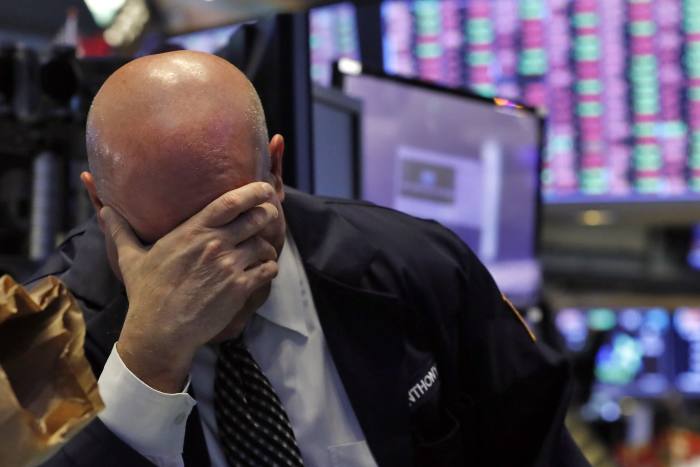
Expectation is growing that the Bank of England will address concerns over the impact last Friday’s mini-Budget has had on financial markets.
The pound slumped to historic lows, hitting $1.035 against the dollar this morning (September 26) after chancellor Kwasi Kwarteng unveiled a raft of unfunded tax cuts for businesses and high earners.
According to the Financial Times, neither the Bank of England nor the Treasury denied rumours that there will be a statement from the central bank later today.
The mini budget contained the abolishment of the 45p higher income tax rate, as well as a cut in the basic rate by 1p in the pound, both from April next year.
Stamp duty has also been cut, and the previous government’s health and social care levy has been scrapped.
These measures, along with the energy support package offered to households and businesses this winter, will mostly be funded by borrowing.
The gilt markets responded, with Friday being the worst day for UK government bonds since the 1990s, as both the two-year and the 10-year yields surged above 4 per cent.
Derivatives markets now are pricing in a rise of 0.75 percentage points in a week’s time and an increase of more than 1.5 percentage points by the November meeting, according to the FT.
David Cumming, head of UK equities at Newton Investment Management, said the goverment appears to be losing control of its economic growth agenda on financial markets.
“[The drop in the pound and crashing gilt market] will mean higher industry borrowing costs and increased inflationary pressures from a weak sterling.
“In the near-term, these factors will overwhelm the impact of the tax cuts and potential supply side reforms.
“Overall a lot of negativity has already been priced in, so it is too late to panic but probably too early to be optimistic.”
Victoria Scholar, head of investment at Interactive Investor said the slump in sterling could exacerbate the UK’s inflation problem.
“More expensive imports may add to the UK’s upward price pressures, which is likely to prompt more aggressive action from central bank policy makers.”
sally.hickey@ft.com





